Melatonin For Skin: Benefits, How To Use, And Side Effects
Looks like this hormone is not only meant for your sleep – it can work wonders on the skin!
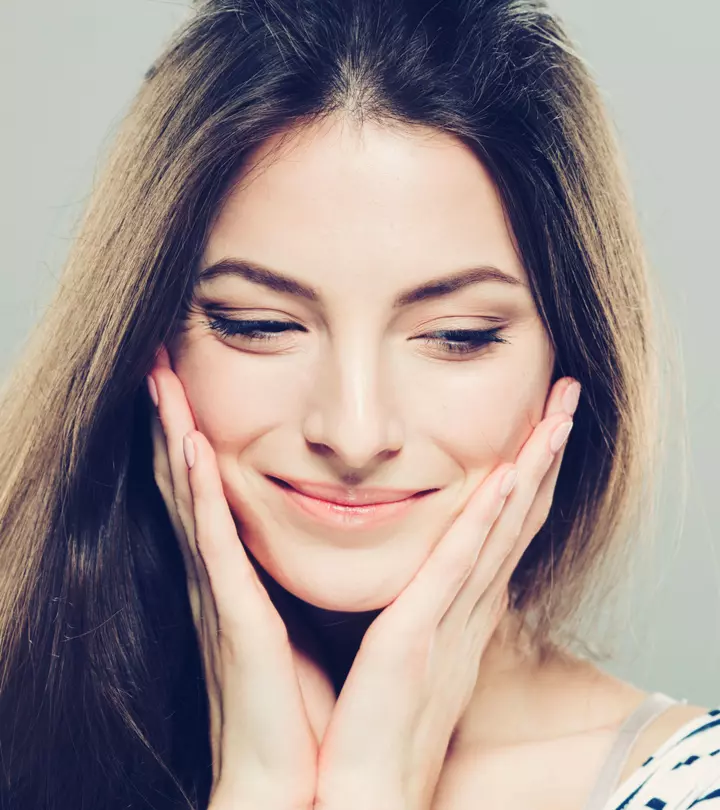
Image: Shutterstock
Melatonin, a hormone secreted by the pineal gland, is turning out to be the next big thing in skin care circles. Recently, this hormone has been incorporated into most skin care products for its rich antioxidant properties. But how exactly can you benefit from using melatonin for your skin? Is it safe? Read this article to know more about melatonin, its potential benefits and risks for the skin, and how to use it. So, let us get started.
 Know Your Ingredient: Melatonin
Know Your Ingredient: MelatoninWhat Is It?
It is a hormone secreted by the brain to help regulate the sleep cycle and important bodily functions.
What Are Its Benefits?
It protects from UV rays, improves skin tone, and helps treat alopecia and atopic dermatitis.
Who Can Use It?
It can be used by people with sleep disorders and those looking for anti-aging effects, except for lactating and pregnant women.
How Often?
It can be incorporated into daily skin care routines, both in the day and at night.
Caution
Avoid if you are on blood thinners to prevent drug interactions.
In This Article
What Is Melatonin?

Melatonin is a hormone produced by the pineal gland located in the brain (1). But its synthesis is not limited merely to the pineal gland. Other areas with high melatonin concentrations include the bile fluid, bone marrow, cerebrospinal fluidi Colorless and clear liquid that flows inside the tissues that surround the spinal cord and brain of all vertebrates. , ovaries, eyes, and the skin.
Melatonin regulates our body’s circadian rhythmi A natural, 24-hour internal clock that regulates the sleep-wake cycle and controls your daily schedule and functioning. . In fact, this hormone is essential to your body’s sleep cycle.
 Trivia
TriviaThis hormone has other benefits too (1):
- Regulates seasonal biorhythms
- Modulates immune responses
- Affects body weight
- Influences reproduction
- Causes anti-jet lag effects
- Helps inhibit tumor growth
- Has antioxidant benefits
- May help delay aging
- May reduce cancer risk
It is also said to support skin health by aiding skin repair, promoting UV protection, and maintaining skin hydration. Melatonin’s antioxidant and anti-aging properties have found a place for it in skin care products. But how does a sleep hormone help your skin?
Key Takeaways
- Melatonin is a hormone produced by the pineal gland that regulates the body’s circadian rhythmi A natural, 24-hour internal clock that regulates the sleep-wake cycle and controls your daily schedule and functioning. .
- It has powerful antioxidant and anti-aging properties which have made it a popular ingredient in skincare products.
- The hormone protects the skin layers, collagen fibers, and other cells from free radical damage and may help reduce fine lines, wrinkles, and other signs of aging.
- Melatonin is commonly found in anti-aging serums, night serums, night repair creams, and other similar products.
How Does Melatonin Help Your Skin?
Your skin is the largest organ in the body. This outermost layer protects your body from the various external agents that can be potentially harmful. Your skin faces free radicals every day. Free radicals are reactive oxygen species that damage the cells and tissues in the body and increase disease risk. Our body is naturally adept at producing antioxidants to neutralize these free radicals. Melatonin participates in the production of antioxidant enzymes.
This is the precise reason melatonin-based anti-aging products are becoming increasingly popular. The hormone protects the skin layers, collagen fibers, and other cells from free radical damage. It may help reduce fine lines, wrinkles, and other signs of aging.
 Did You Know?
Did You Know?What Are The Benefits Of Melatonin For Skin?
- May Protect Your Skin From Damage

Its antioxidant properties may help protect your skin from external damage. It may reduce the harmful effects of excess sun exposure or pollution.
- May Maintain Skin Elasticity

Melatonin protects the collagen layers in the deeper skin layers from disintegration. It is known to reduce the effects of reactive oxygen species and help reverse skin aging (2). It also maintains. It also maintains skin elasticity.
Melatonin also protects your skin from certain factors that can accelerate skin aging. These include, as discussed, prolonged exposure to pollution, UV rays, etc. Melatonin also helps repair DNA damage and may help slow down the skin aging process (1).
- Helps Fight Inflammation
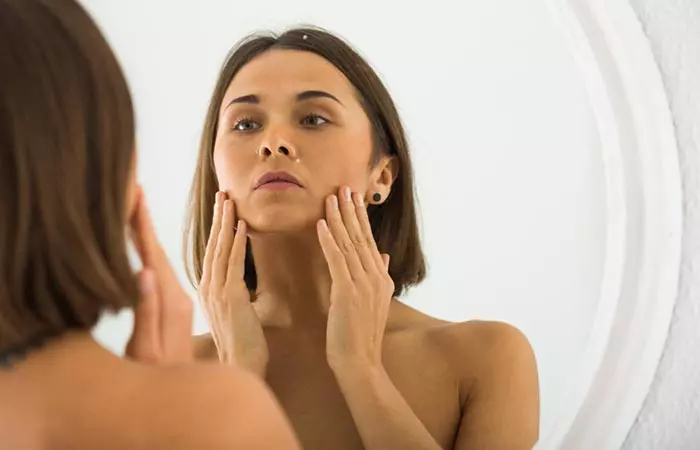
Melatonin is anti-inflammatory in nature. It helps fight inflammation when applied to the skin (2). It also may help reduce skin puffiness and redness.
- May Maintain Skin Balance

Melatonin is known to synergize with vitamins C and E to scavenge free radicals (3). It may maintain the skin’s dermal layer and help balance it.
These are the few important benefits of melatonin for the skin. But how can you use it to enjoy its advantages?
How To Use Melatonin On Skin
Melatonin medications are usually prescribed for oral intake. But for skin care, melatonin needs to be applied topically. This is because melatonin, when orally consumed, appears at low levels in the blood and its access to the skin is limited (1).
Topical melatonin application reaches the various skin layers immediately.
Melatonin is routinely found in anti-aging serums, night serums, night repair creams, and other similar products. You can use it with other antioxidant compounds like retinoli A fat-soluble form of vitamin A found in foods and used as a skin care ingredient in lotions, serums, and anti-aging creams. and vitamins C and E. Melatonin also works well with hyaluronic acidi A naturally occurring gooey substance found throughout the body that acts as a lubricant in the joints and other tissues. that is said to increase skin elasticity and repair any skin damage. Melatonin is also found in some sunscreens. If you wish to incorporate melatonin into your skincare routine, start by applying melatonin-based products like serums or creams at night before going to bed. The nighttime offers the products more time to penetrate deeper into the skin and give better results. Oily or combination skin types may use melatonin-based serums 3 to 4 times a week, while individuals with dry skin can use daily along with a hydrating night cream.
Making use of melatonin sounds simple. But does it cause any adverse effects?
Side Effects Of Using Melatonin On Skin
While oral intake of melatonin may disrupt the sleep-wake cycle and interfere with the body’s circadian rhythmi A natural, 24-hour internal clock that regulates the sleep-wake cycle and controls your daily schedule and functioning. , there is no information on the potential side effects of its topical application.
Anecdotal evidence suggests that topical melatonin application is generally safer. In fact, in a study, topical application of melatonin with concentrations as high as 12.5 % showed no effects on cognition (4).
Some also wonder if melatonin darkens the skin. However, the existing research suggests that topical application or oral consumption of melatonin has no effect on skin color in humans (5).
Are Melatonin And Melanin The Same?
Melanin is a skin pigment produced by melanocytes, which are a class of cells found in the skin. Melanin gives your skin its color and shade. Melanocytes are also found in the ears, hair, and the central nervous system.
Melatonin is a hormone that regulates the body’s sleep cycle.
Here is how the two differ:
- Melanin is a pigment. Melatonin is a hormone.
- Melanin is produced by melanocytes, while melatonin is produced by the pineal gland.
- Melanin gives you your skin color while melatonin ensures your sleep cycle is regulated.
You may be surprised to know that both melanin and melatonin protect your skin from the harmful UV rays of the sun.
Melatonin is often compared with glutathione in terms of potency. If you are curious to know how they differ, from glutathione then check out the section below!
Melatonin Vs. Glutathione
Melatonin and glutathione serve distinct roles in skin health. As mentioned in earlier sections, Melatonin, a potent antioxidant and sleep regulator, may protect the skin from oxidative stress, potentially reducing signs of aging and supporting overall skin health (3).
On the other hand, glutathione, a powerful antioxidant produced in the body, plays a crucial role in detoxification and immune function, potentially contributing to skin brightening and anti-aging effects. The potent antioxidant for the skin inhibits melanin production and may help in managing skin pigmentation disorders and enhancing skin radiance (6). However, melatonin maintains the levels of glutathione, thus, preventing mitochondrial damage as mitochondria heavily depend on glutathione for antioxidant defense (7).
Infographic: Tips To Include Melatonin In Your Skin Care Routine
Melatonin is known for regulating your body’s circadian rhythmi A natural, 24-hour internal clock that regulates the sleep-wake cycle and controls your daily schedule and functioning. . Recently, it has become popular for its effectiveness in treating skin-related issues. The antioxidant properties of this hormone help treat the signs of aging. Using it the right way can help you achieve flawless and youthful skin within a few months.
Check out the infographic below for some useful tips to include melatonin in your skin care routine. Illustration: StyleCraze Design Team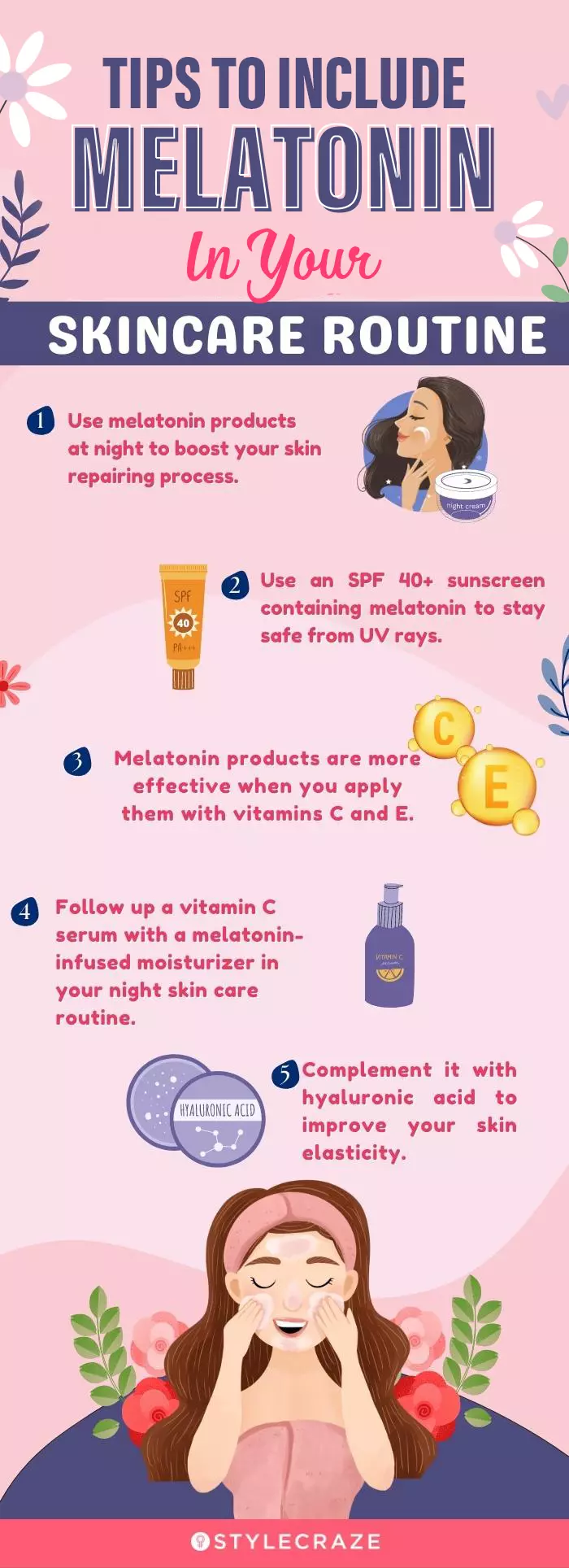
Melatonin is a hormone secreted by the pineal gland and has antioxidant and anti-aging properties that make it one of the important ingredients in skin care products. Using melatonin for skin may help protect your skin from UV damage, soothe and heal the skin, and maintain skin balance. Though available for oral intake, it is advised to use it topically as it immediately reaches the deep layers of the skin. You may find melatonin in serums, creams, and sunscreens. Since the topical application of melatonin is considered safe, you may use it regularly to get the best results.
Frequently Asked Questions
Can melatonin lighten skin?
Presently, scientific research indicates that melatonin does not change the color of human skin (5).
Does melatonin cause acne?
No. Melatonin does not cause acne and is considered safe for topical application.
Does melatonin increase collagen?
Yes. Melatonin may play a role in collagen production and expression. This, in turn, plays a role in maintaining skin elasticity (8).
Is increasing the melanin in your skin beneficial? Find out in this video! Learn how melanin could be the key to preventing cancer and how you can safely increase your melanin levels.
References
Articles on StyleCraze are backed by verified information from peer-reviewed and academic research papers, reputed organizations, research institutions, and medical associations to ensure accuracy and relevance. Read our editorial policy to learn more.
- Melatonin and Human Skin Aging”
https://www.ncbi.nlm.nih.gov/pmc/articles/PMC3583885/ - “Assessing the Potential Role for Topical Melatonin in an Anti-Aging Skin Regimen”
https://pubmed.ncbi.nlm.nih.gov/30235383/ - Significance of melatonin in antioxidative defense system: reactions and products
https://pubmed.ncbi.nlm.nih.gov/10899700/ - “Effect of topical application of melatonin cream 12.5% on cognitive parameters: A randomized placebo-controlled double-blind crossover study in healthy volunteers”
https://pubmed.ncbi.nlm.nih.gov/27052036/ - “Effect of melatonin on human skin color”
https://pubmed.ncbi.nlm.nih.gov/8106756/ - “Oral supplementation of L-glutathione prevents ultraviolet B-induced melanogenesis and oxidative stress in BALB/c mice” https://www.ncbi.nlm.nih.gov/pmc/articles/PMC6842793/
- “Melatonin but not vitamins C and E maintains glutathione homeostasis in t-butyl hydroperoxide-induced mitochondrial oxidative stress”
https://faseb.onlinelibrary.wiley.com/doi/abs/10.1096/fj.99-0865fje - “Protective Effects of Melatonin on the Skin: Future Perspectives”
https://www.ncbi.nlm.nih.gov/pmc/articles/PMC6802208/
Read full bio of Dr. Sreekar Harinatha
Read full bio of Arshiya Syeda
Read full bio of Ramona Sinha
Read full bio of Monomita Chakraborty







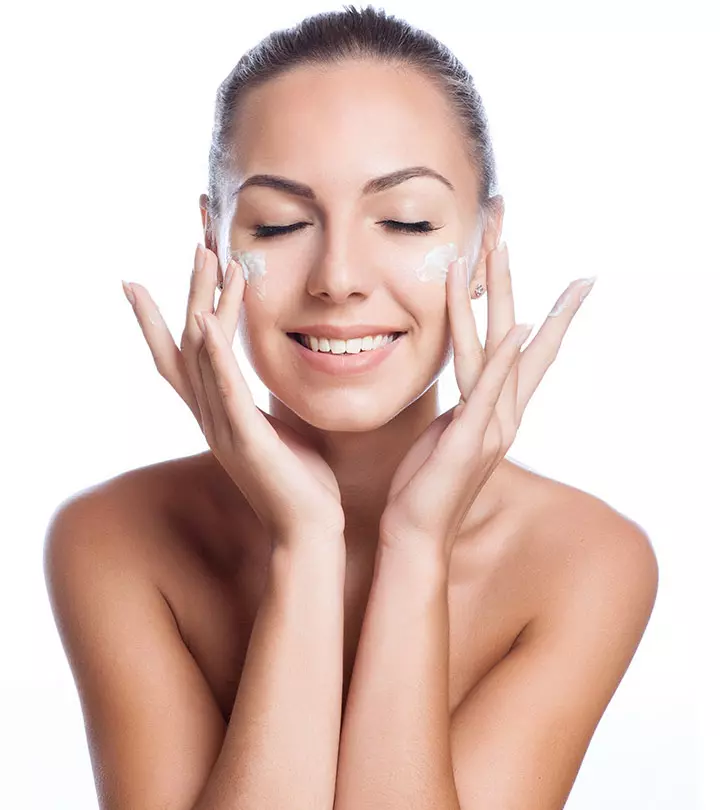
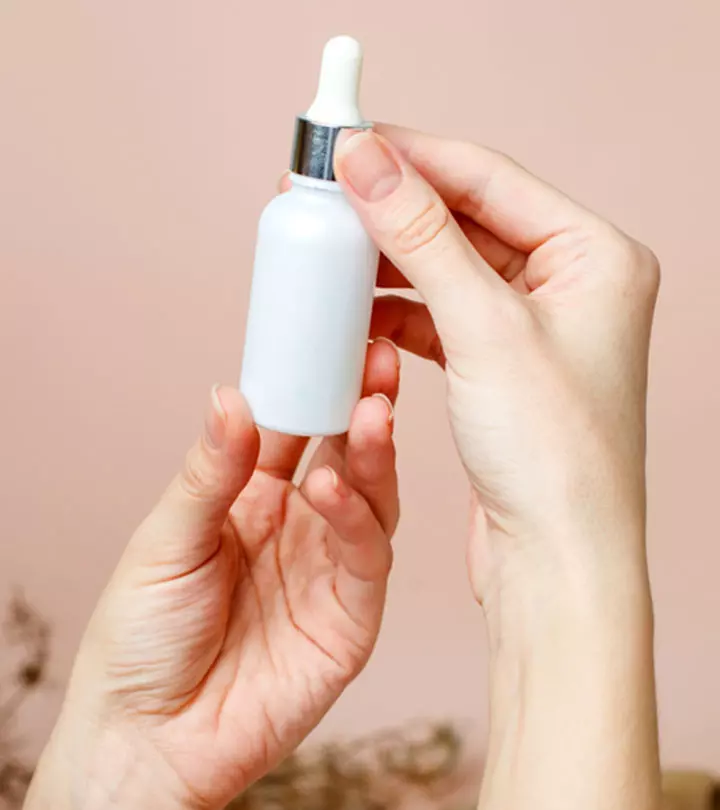


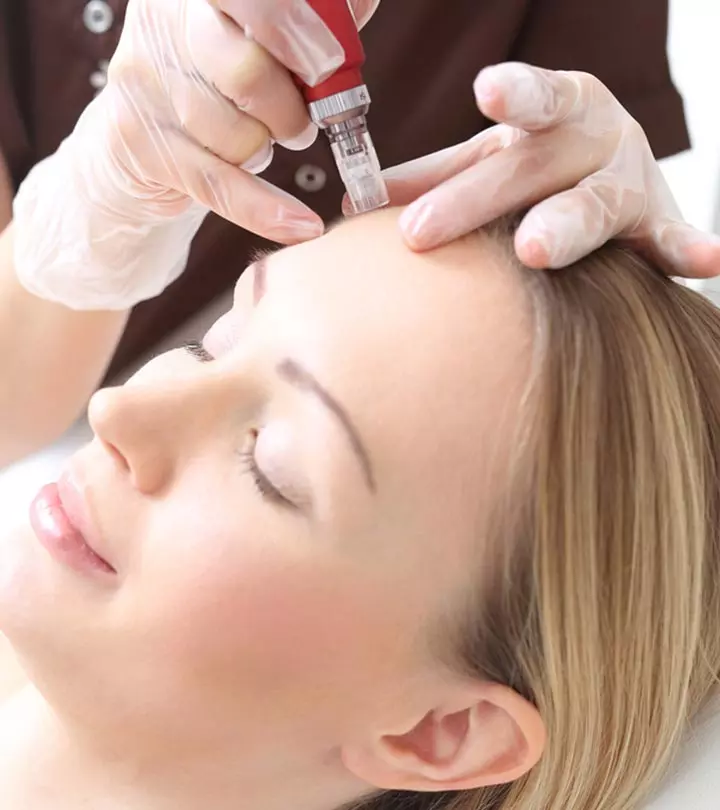



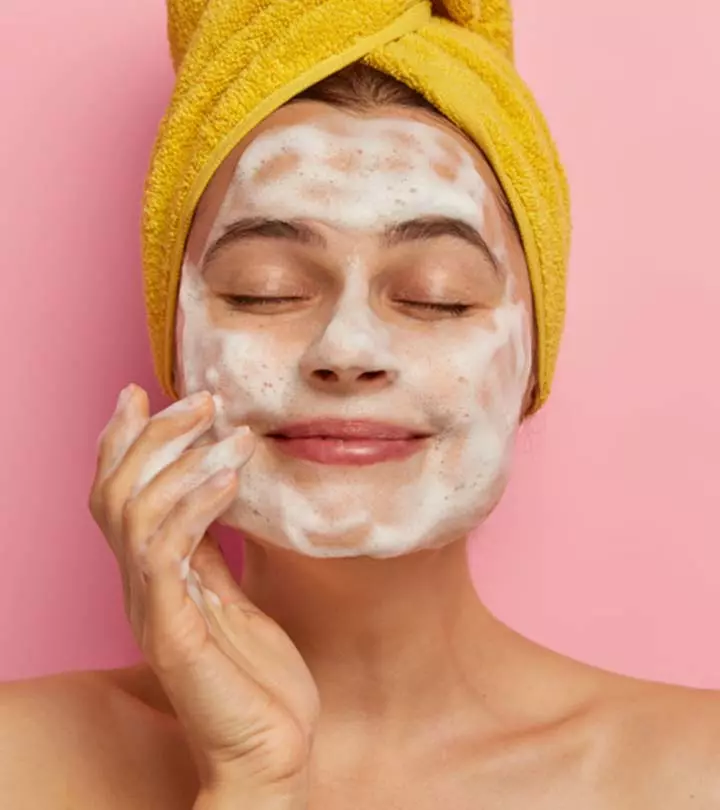

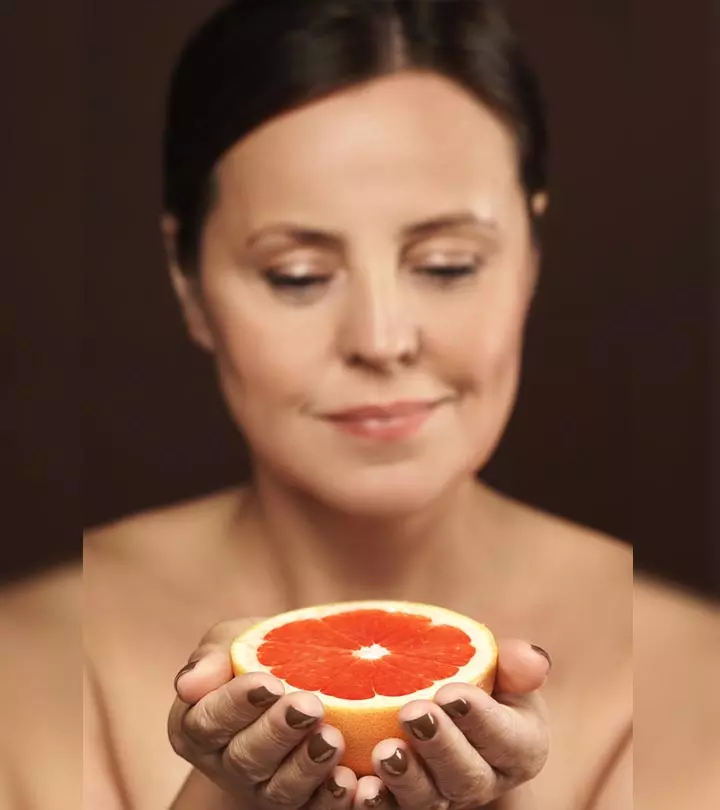
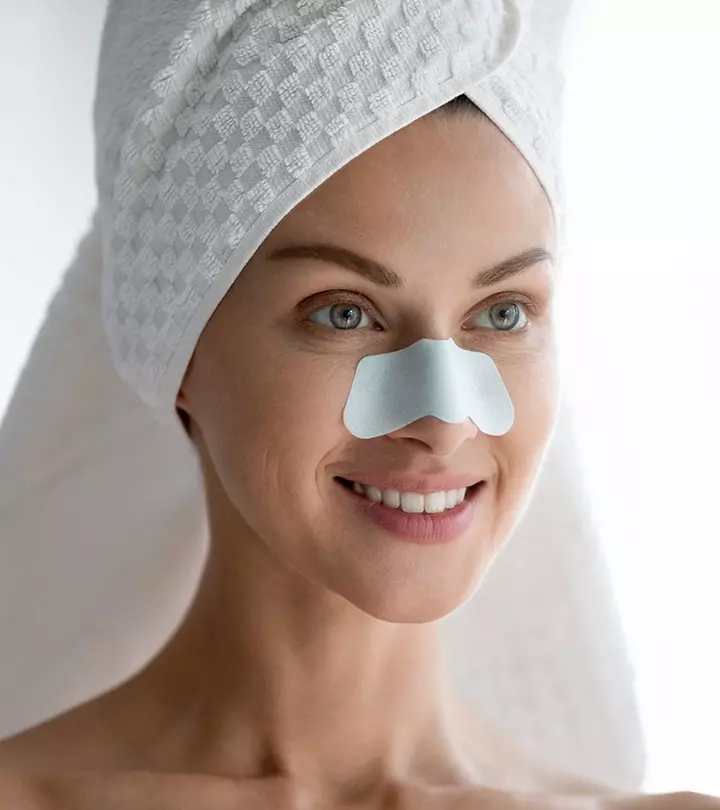

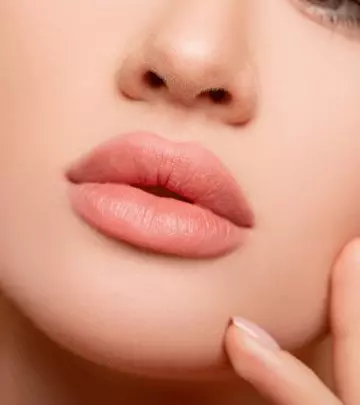
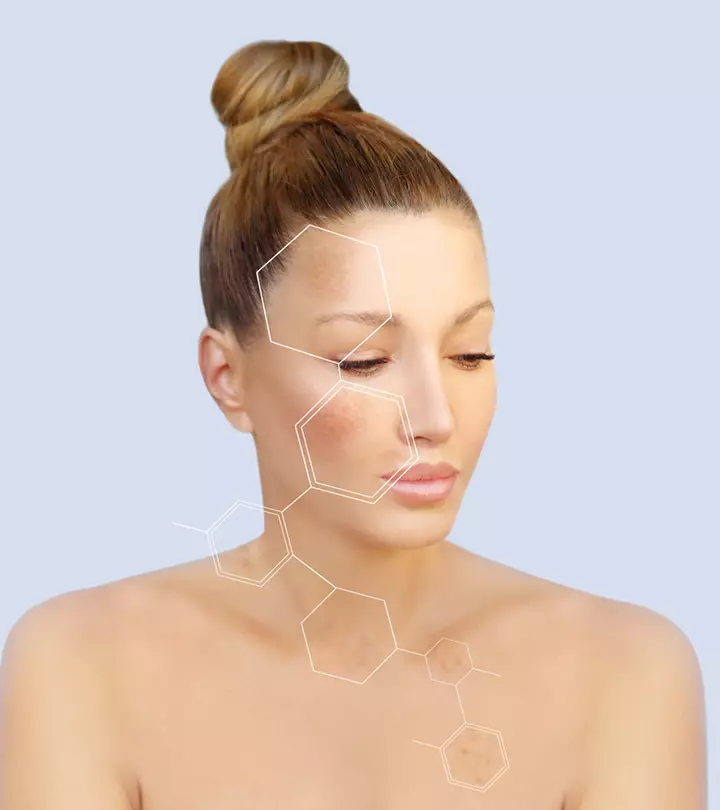
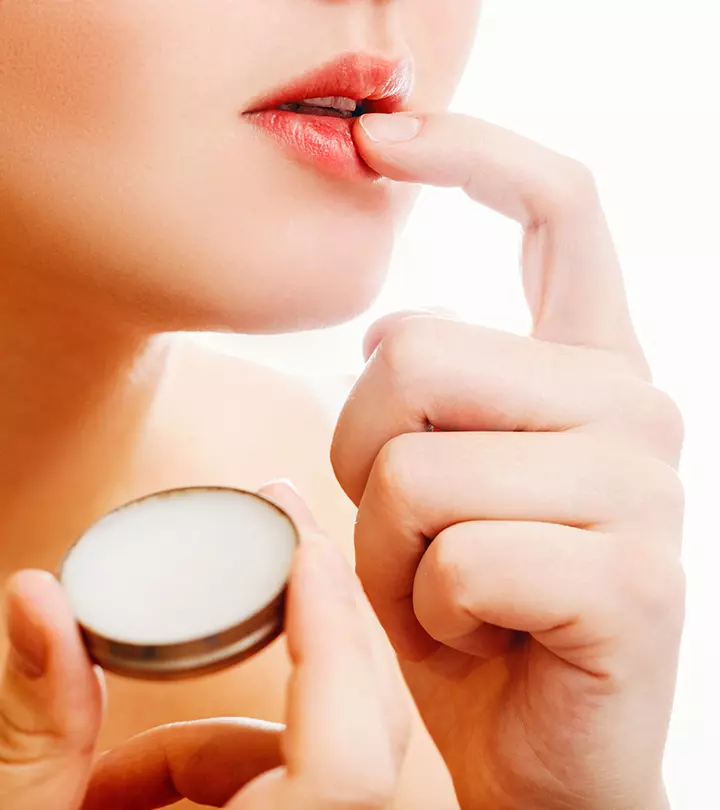
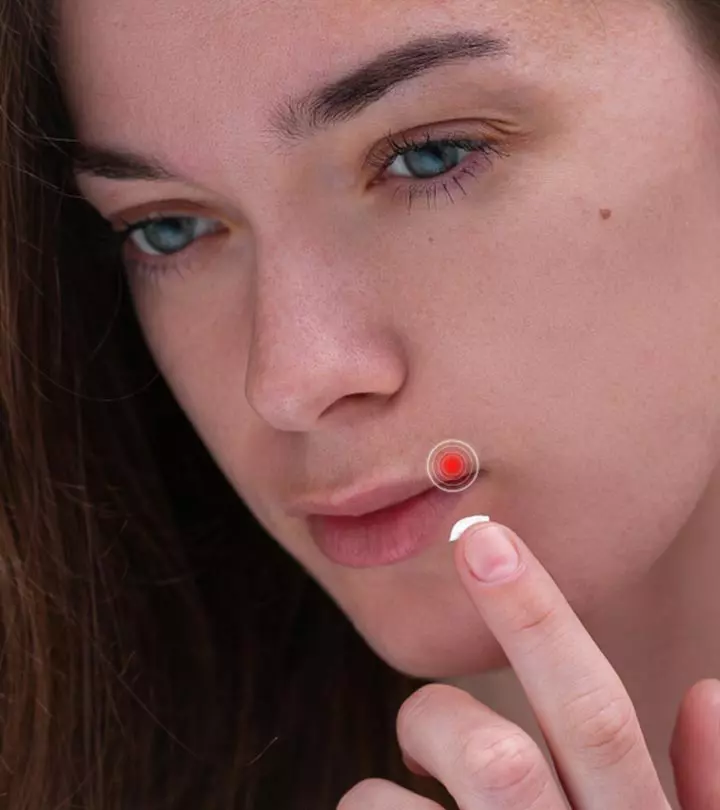
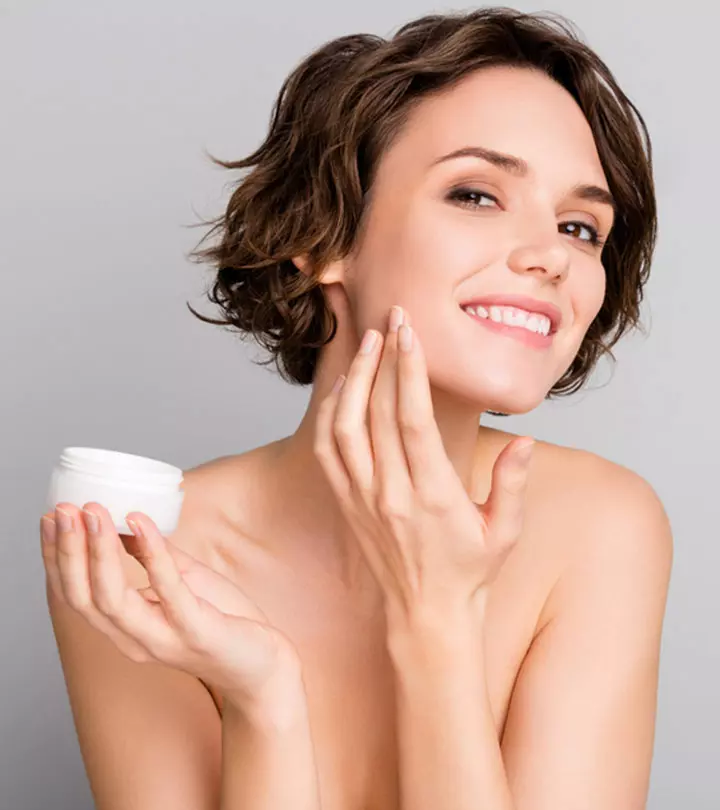
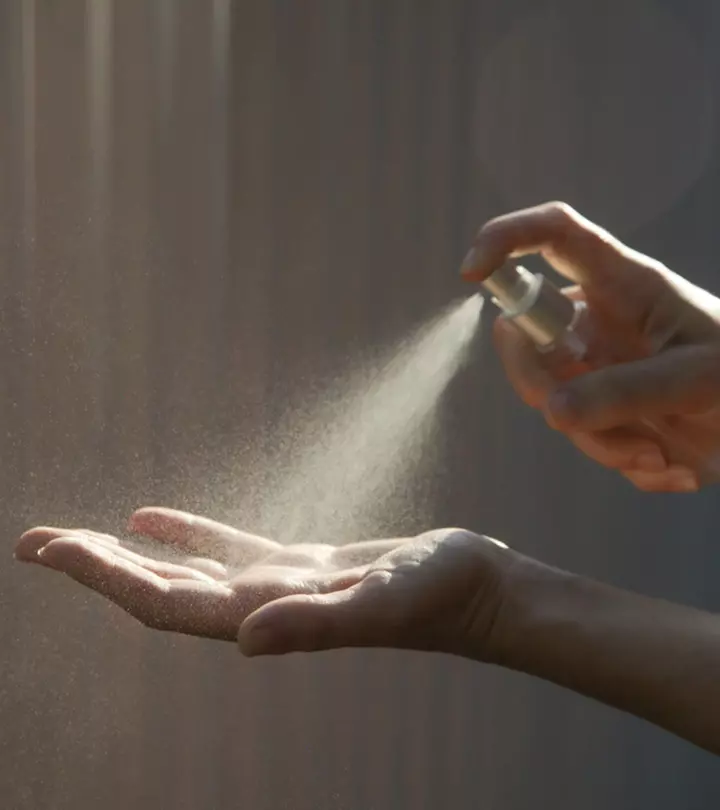
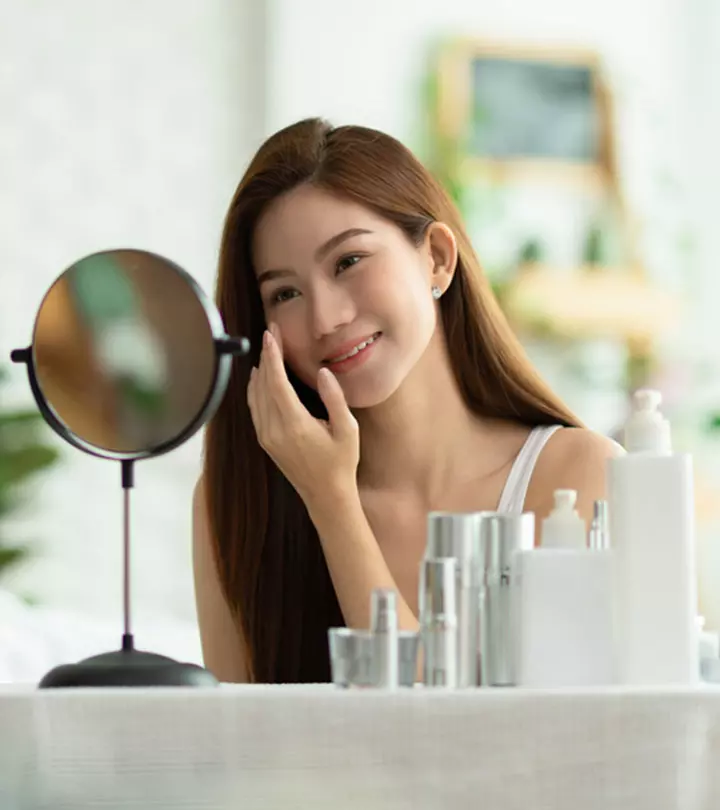
Community Experiences
Join the conversation and become a part of our empowering community! Share your stories, experiences, and insights to connect with other beauty, lifestyle, and health enthusiasts.